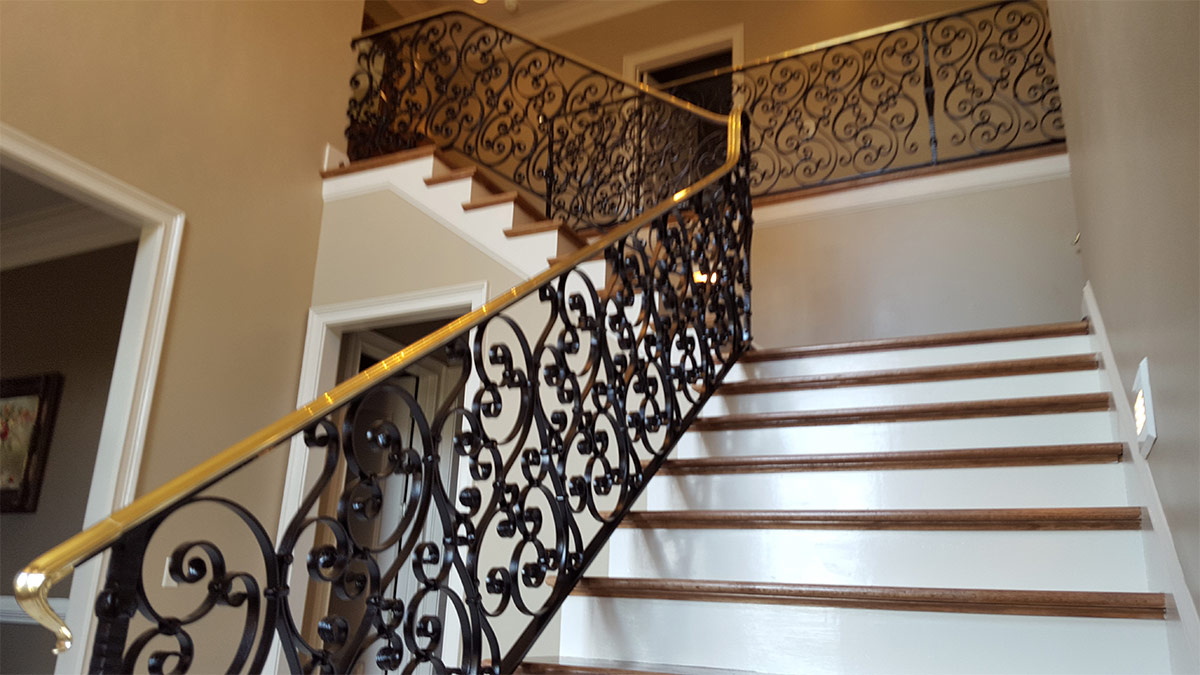Railing installation in Birmingham offers homeowners a practical solution for enhancing both safety and aesthetics. Whether it’s for a residential property or a commercial space, the right railing not only provides support and safety but also adds a touch of elegance to the surroundings. In this comprehensive guide, we’ll explore everything you need to know about railing installation in Birmingham, from the types of materials available to the installation process and maintenance tips.
Why Railing Installation Matters
Safety First
Safety is paramount when it comes to any property, and railing installation plays a crucial role in preventing accidents, especially in areas with elevated platforms such as balconies, staircases, and decks.
Aesthetic Appeal
Beyond safety, railings contribute significantly to the overall aesthetics of a property. They come in various designs and materials, allowing homeowners to choose options that complement their architectural style and personal preferences.
Types of Railing Materials
When it comes to railing installation in Birmingham, there are several materials to choose from, each offering its own set of benefits and aesthetics.
1. Steel Railings
Steel railings are known for their durability and strength, making them an ideal choice for both residential and commercial properties. They are highly customizable and can be fabricated to suit any design aesthetic.
2. Aluminum Railings
Aluminum railings are lightweight yet sturdy, making them a popular choice for outdoor installations. They are resistant to rust and corrosion, making them suitable for Birmingham’s varying weather conditions.
3. Wooden Railings
Wooden railings add warmth and natural beauty to any space. They are versatile and can be stained or painted to match the existing décor. However, they require regular maintenance to prevent rot and decay.
4. Glass Railings
Glass railings offer an unobstructed view while providing safety and security. They are sleek and modern, making them perfect for contemporary homes and commercial buildings.
Railing Installation Process
Installing railings requires careful planning and precise execution to ensure safety and structural integrity.
1. Site Assessment
Before installation begins, a thorough site assessment is conducted to determine the layout, measurements, and any potential obstacles that may affect the installation process.
2. Material Selection
Once the site assessment is complete, the next step is to select the appropriate railing material based on the property’s aesthetic requirements and budget.
3. Customization
Depending on the chosen material, railings may need to be customized to fit the specific dimensions and design preferences of the property.
4. Installation
The installation process involves anchoring the railings securely to the structure using bolts, brackets, or other mounting hardware. Care is taken to ensure that the railings are level and aligned correctly.
Maintenance Tips
Proper maintenance is essential to ensure the longevity and functionality of railings.
Regular Cleaning
Depending on the material, railings should be cleaned regularly using mild soap and water to remove dirt, grime, and debris.
Inspections
Periodic inspections should be conducted to check for any signs of damage or wear and tear. Any issues should be addressed promptly to prevent further damage.
Repairs
In case of damage, repairs should be carried out immediately to maintain the structural integrity of the railings.
Conclusion
Railing installation in Birmingham is not just about safety; it’s also an opportunity to enhance the beauty and functionality of your property. By choosing the right material and following proper installation and maintenance practices, you can enjoy safe and stylish railings for years to come.

